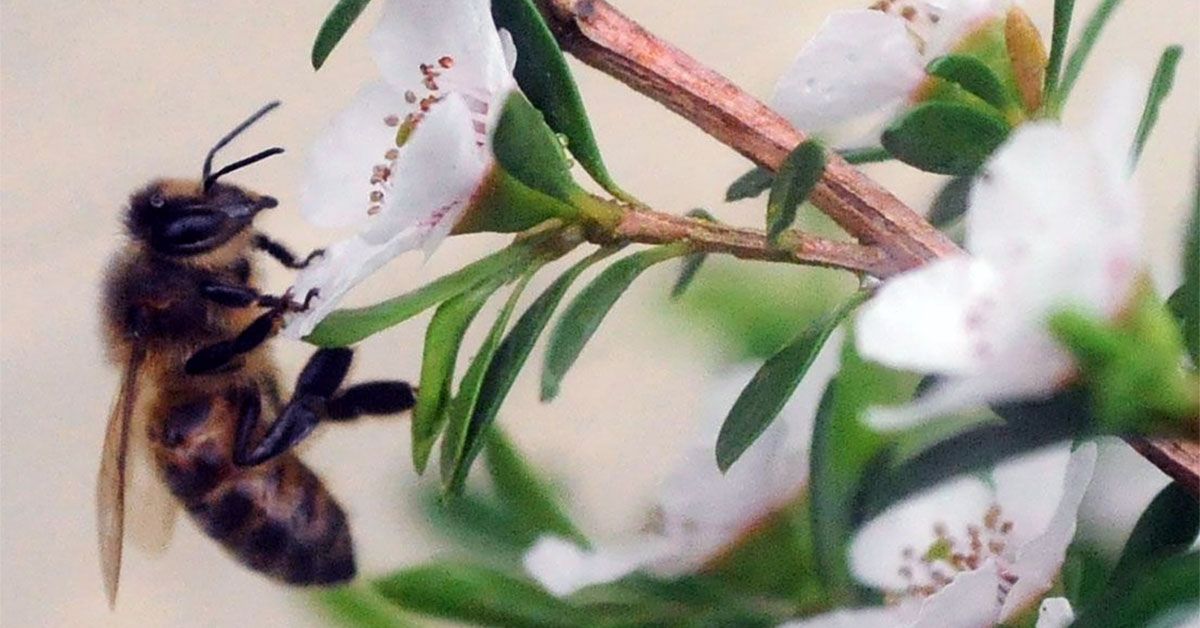Breast cancer is the second most common cancer globally, affecting about 2.3 million women worldwide. The majority of breast cancer diagnoses, around 80%, are estrogen receptor-positive (ER-positive), meaning the cancer cells contain receptors that bind to estrogen and may require estrogen to grow. Traditional treatments for ER-positive breast cancer include surgery, chemotherapy, radiation therapy, and hormonal therapy. In addition to these treatments, researchers from the University of California, Los Angeles have found that Manuka honey could potentially be used as an alternative prevention and treatment option for breast cancer, particularly ER-positive breast cancer.
Manuka honey is made by bees that collect nectar from the Manuka tree, native to Australia and New Zealand. Researchers at UCLA conducted a study using mouse and breast cancer cell models to investigate the impact of Manuka honey on breast cancer. They found that Manuka honey caused an 84% reduction in tumor growth in mice with ER-positive breast cancer cells without negatively affecting healthy breast cells or causing major side effects. Higher amounts of Manuka honey were associated with a greater reduction in cancer cell growth, suggesting a dose-dependent effect.
The researchers also discovered that using Manuka honey helped reduce levels of key signaling pathways involved in cancer cell growth and viability. These pathways include AMP-activated protein kinase (AMPK), Ak strain transforming (AKT), mammalian target of rapamycin (mTOR), and signal transducer and activator of transcription 3 (STAT3). By targeting these pathways, Manuka honey may inhibit tumor growth and progression in ER-positive breast cancer.
Dr. Richard Pietras, the lead researcher, explained that Manuka honey may act as a selective estrogen receptor modulator (SERM), inhibiting growth factor receptor signaling pathways, and potentially blocking the proliferation of breast cancer stem/progenitor cells. These mechanisms could contribute to the antitumor effects of Manuka honey in breast cancer. While the study results are promising, further research is needed to determine the maximum tolerated dose of Manuka honey for optimal and safe anti-tumor action.
Registered dietitian nutritionist Monique Richard emphasized the potential benefits of Manuka honey for cancer treatment, citing its antibacterial, antimicrobial, antioxidant, and anti-inflammatory properties. She recommended incorporating Manuka honey into the diet in moderation, such as adding it to tea, oatmeal, yogurt, smoothies, or salad dressings. Quality, source, and authenticity are crucial when selecting Manuka honey to ensure its health benefits are maximized.
In conclusion, the study conducted at UCLA highlights the potential of Manuka honey as a natural alternative for preventing and treating ER-positive breast cancer. While further research is needed to validate these findings and establish safe dosing guidelines, the study suggests that Manuka honey may have antitumor effects by targeting key signaling pathways involved in cancer cell growth. Incorporating this natural remedy into the diet may offer additional benefits for cancer patients seeking alternative or complementary treatments to conventional therapies.










